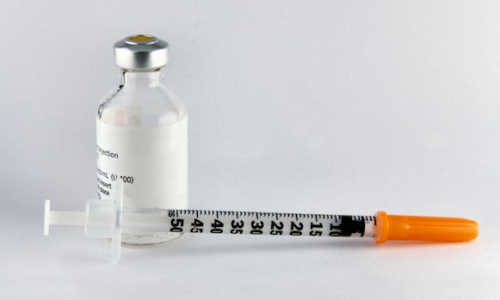In new research published in Endocrinology, Thomas Burris, Ph.D., chair of pharmacological and physiological science at Saint Louis University, reports that his team has found a way to prevent type I diabetes in an animal model.
Type I diabetes is a chronic autoimmune disease that occurs when the body’s immune system destroys insulin producing pancreatic beta cells, resulting in insulin deficiency and hyperglycemia. Current treatments for type I diabetes focus on controlling blood sugar with insulin therapy and must continue throughout a person’s life.
Burris and his research team focused on blocking the autoimmune process that destroys beta cells and leads to diabetes, with the aim of developing therapies that can prevent the illness from developing rather than treating its symptoms.
“None of the animals on the treatment developed diabetes even when we started treatment after significant beta cell damage had already occurred. We believe this type of treatment would slow the progression of type I diabetes in people or potentially even eliminate the need for insulin therapy,” said Burris.
Scientists already knew that at least two types of immune “T-cells” contribute to the development of type I diabetes. However, the role of a third type, TH17, remained unclear.
In this study, researchers found that two nuclear receptors play critical roles in the development of TH17 cells, and that by targeting these receptors, they were able to stop autoimmunity from developing in several mouse models, sparing beta cells.
The team blocked the receptors (ROR alpha and gamma t) with SR1001 (a selective ROR alpha and gamma t inverse agonist developed by Burris), significantly reducing diabetes in mice that were treated with it.
These results confirm that TH17 cells likely play a key role in the development of type I diabetes and suggest that the use of drugs that target this cell type may offer a new treatment for the illness.
Story Source:
The above story is based on materials provided by Saint Louis University.





